Best food for rabbits 2025 that we’d buy for our bunnies
Finding the best rabbit food will help ensure you have a happy, healthy bunny
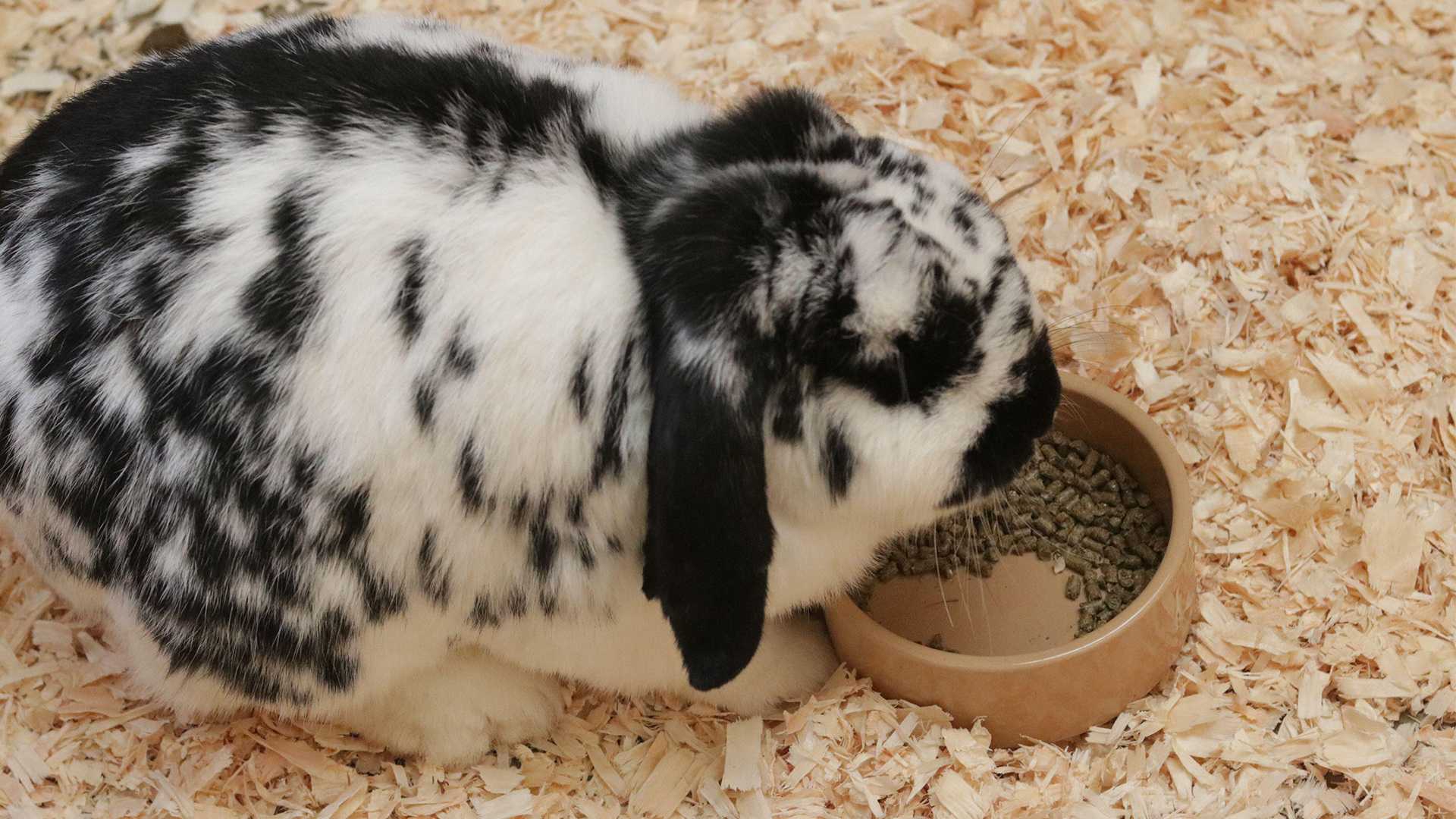
Although it’s important to buy the best food for rabbits, you don’t actually need to feed your bunny with loads of pellets. In fact, a rabbit’s diet is predominantly made up of grass (or the best hay for rabbits) so what you are going to be purchasing is supplementary food. The best rabbit food will give your bunnies a boost by providing nutrients and additional fiber.
In that sense, then, you may want to spend a little more in order to ensure that the rabbit food you buy is of the utmost quality. That way, what you’re giving to your bunny in the best indoor rabbit hutches or the best outdoor rabbit hutches is more likely to be of benefit to your bunny’s health, leading to better digestion, glossier coats, improved skin and a good start in life.
But what should you look for if you’re wondering what to feed a rabbit? “You should pick a good quality pellet diet, where all pieces are a uniform shape and size,” explains expert vet Rebecca MacMillan. “Rabbits have also adapted to consume a high-fiber diet, which helps to keep their teeth worn down and their digestive system in good working order.”
If your rabbit is used to a sugary diet, it may take a little while for them to come round to the idea of the new pellets, but if you persevere your bunny will reap the benefits in the long term. Let’s take a look at what is on offer.
The best rabbit food 2025
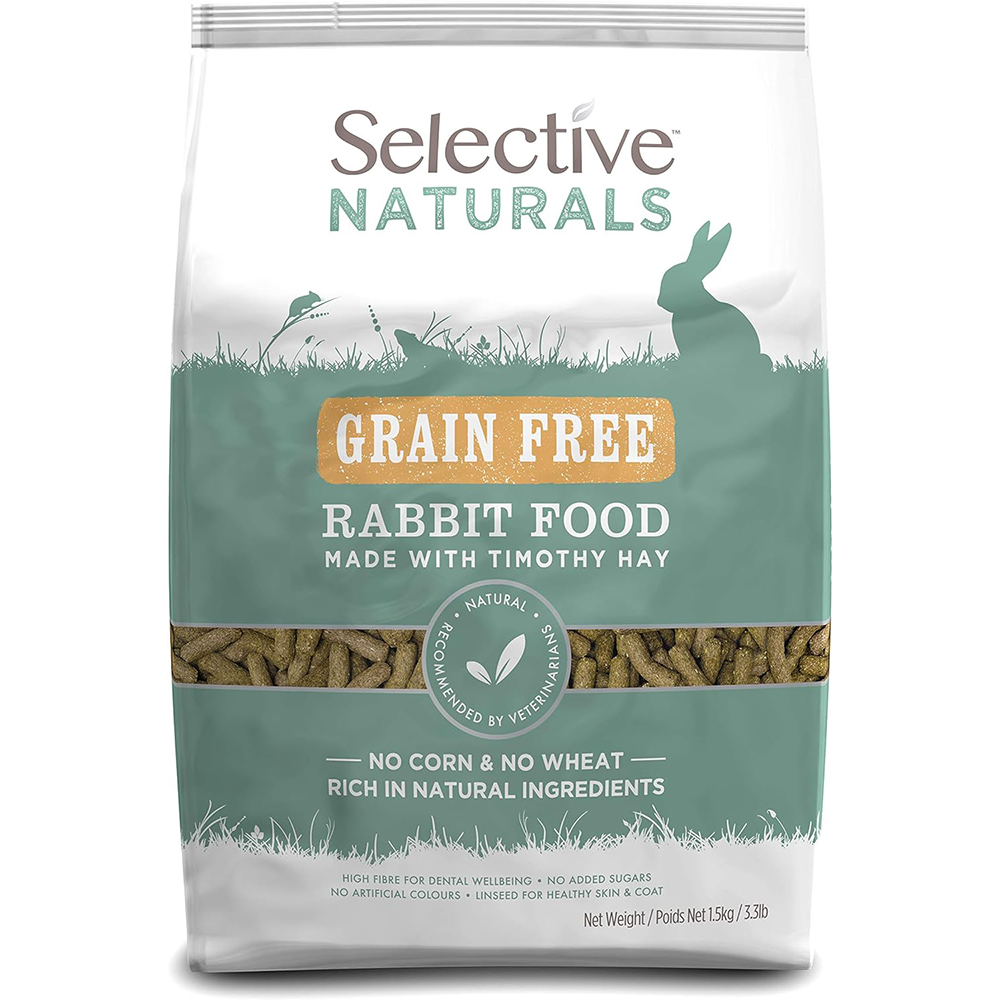
Best light option
This grain-free rabbit food is packed with goodness and it will help your bunnies lead a healthier life. With no added sugar, these pellets are low in calories ensuring rabbits are less likely to become obese. They are also rich in natural ingredients and easy to digest which means your rabbit is more likely to eat them.
We like that the manufacturer has added linseed which, aside from being good for a rabbit’s intestinal mucous membrane, provides omega-3 and omega-6 for good skin and a glossy coat. The food is also high in fiber which helps to wear down a rabbit’s continuously growing teeth while keeping the intestines functioning. If you’re worried about your pet’s digestive health, you can’t go wrong with this product – it’s definitely worth a top spot in our pick of the best food for rabbits.
Reasons to buy: Suitable for rabbits of all ages, these high-quality pellets will help keep your rabbit in tip-top shape.
Reasons to avoid: The pellets are larger than many other products, so many not fit in food dispensing toys.
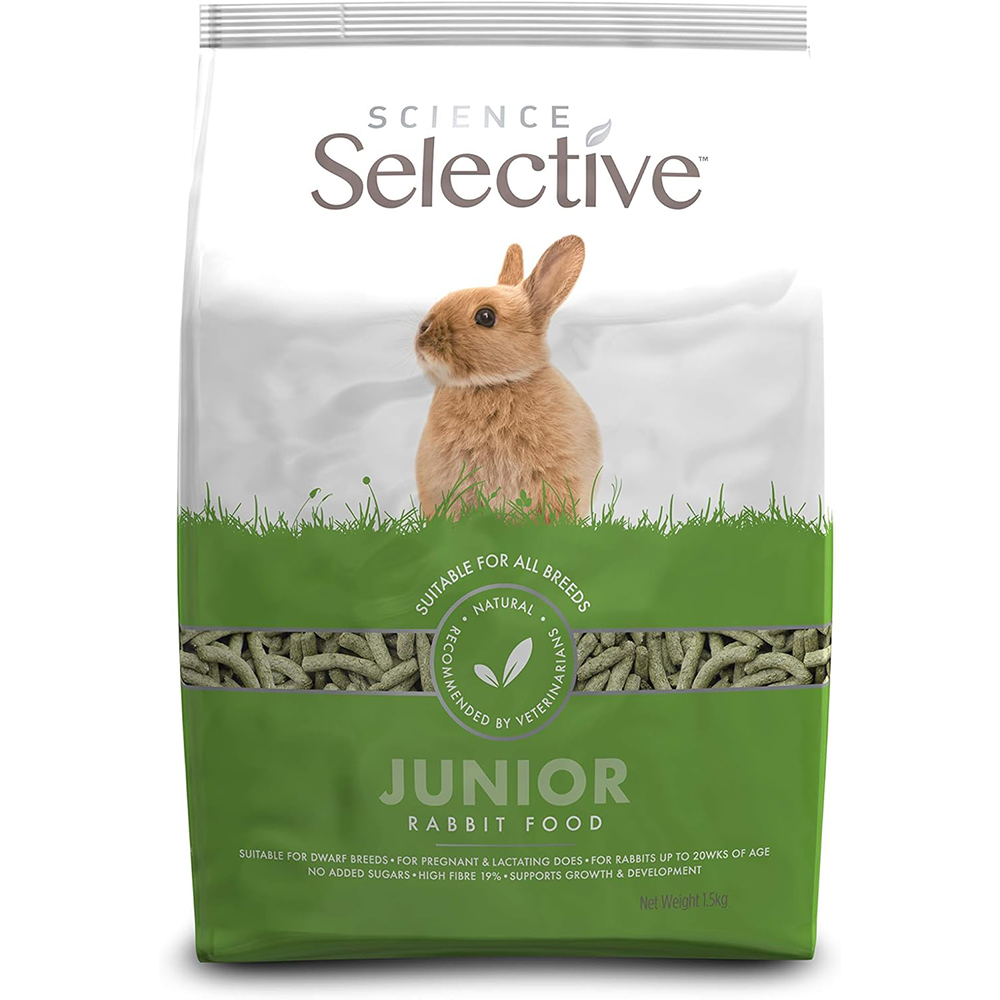
Best for young rabbits
Since these pellets are aimed specifically at junior rabbits, you would expect them to contain ingredients that support your pet’s growth and development. The good news is that this indeed the case – the food has been fortified with vitamins, herbs, amino acids and additional protein, with no added sugars to ensure good habits form early. When feeding rabbits for the first five months of their life, this food is nigh-on perfect.
Like the company’s pellets for adult rabbits, this food also contains omega-3 and omega-6 and lots of fiber. And, since the food is packed with goodness, it’s also good for lactating and pregnant does. We’re certainly reassured by the feedback from rabbit owners, some 89% of which give the food five stars on Amazon. It’s very much a ringing endorsement.
PetsRadar Editor Georgia Guerin has used Science Selective products for her rabbits for years.
“I love the range provided by Science Selective, and it’s so easy to work out which products are best for your rabbit. I used these Junior pellets when my rabbits have been young – they were always well received and my bunnies were always healthy.”
Reasons to buy: If your rabbit is 4–20 weeks, or is pregnant or lactating.
Reasons to avoid: If your bunny is older than 20 weeks, you’ll need to opt for the adult version (which is also available on Amazon).
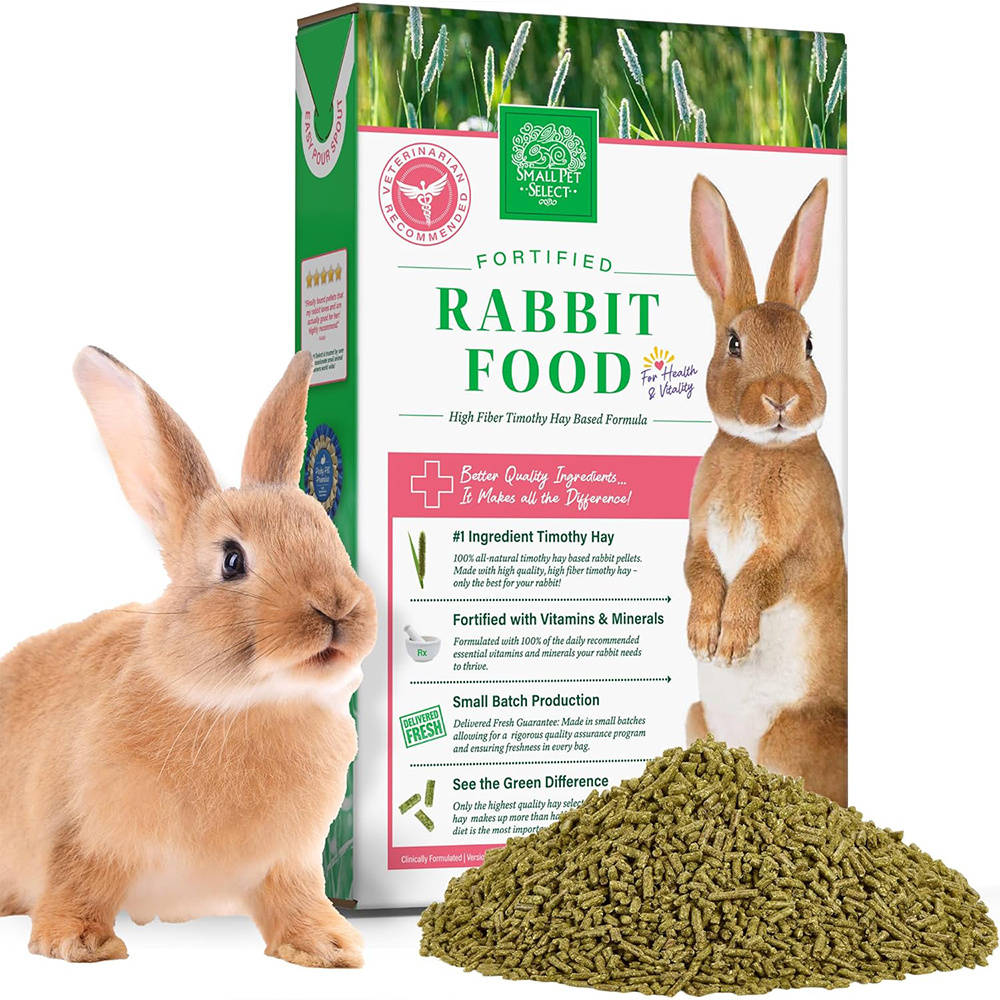
Best for freshness
Since its recommended by veterinarians, we had high hopes for this rabbit food and we were not disappointed. Not only is the main ingredient high-fiber timothy hay, making up more than half of the formula, it’s fortified with vitamins and minerals which, the manufacturer claims, provides all of the daily recommended portions.
It is also made in small batches which allows the maker to check the quality more frequently – the firm says it only selects the best quality hay. This ensures the food is fresher although it also means the formula is inevitably a little more expensive than some competitors. Allergen-free and suitable for rabbits of all ages, so we reckon it’s a product that’s worth investing in.
Reasons to buy: A premium food packed with nutrients that is guaranteed to be delivered fresh.
Reasons to avoid: Good quality does not come cheap but, that said, it’s not prohibitively expensive either.
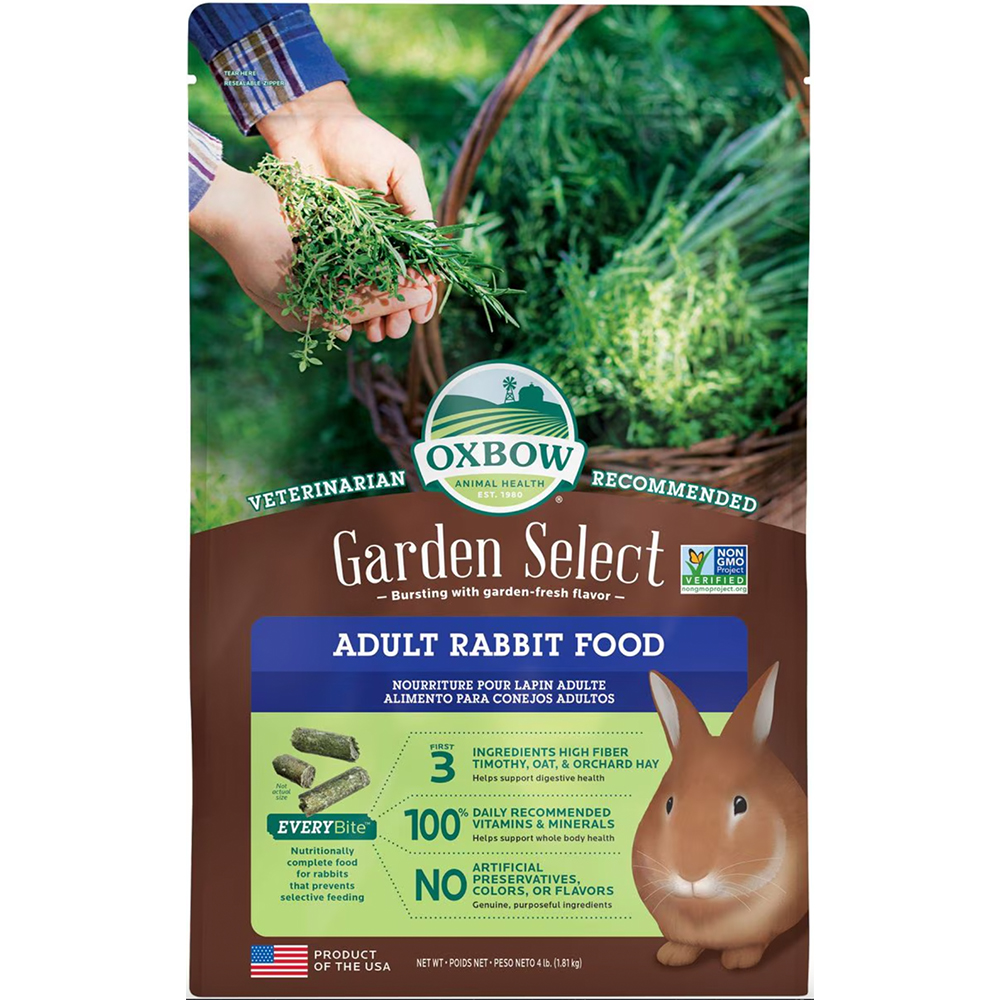
Best for older rabbits
If your rabbit is having digestive problems (or even if you’re concerned that they may develop such issues), then a food which is high in fiber is important. This food has fiber in abundance thanks to its first three ingredients being timothy, oat and orchard hay. It also contains 100% of the daily recommended vitamins and minerals. And with no artificial preservatives, colors or flavors, you can be assured that this American-made food provides goodness in every bite.
Indeed, this food contains tomato, rosemary, yellow pea and thyme. It’s also infused with folic acid and it’ll provide a minimum of 12% protein. Just be sure not to give the food to rabbits who are young, pregnant or nursing. It’s not suitable for active bunnies either. For older rabbits, though, it’s a product well worth considering.
Reasons to buy: It uses high-quality hay and ingredients that mimic a natural foraging environment.
Reasons to avoid: Not suitable for junior rabbits.
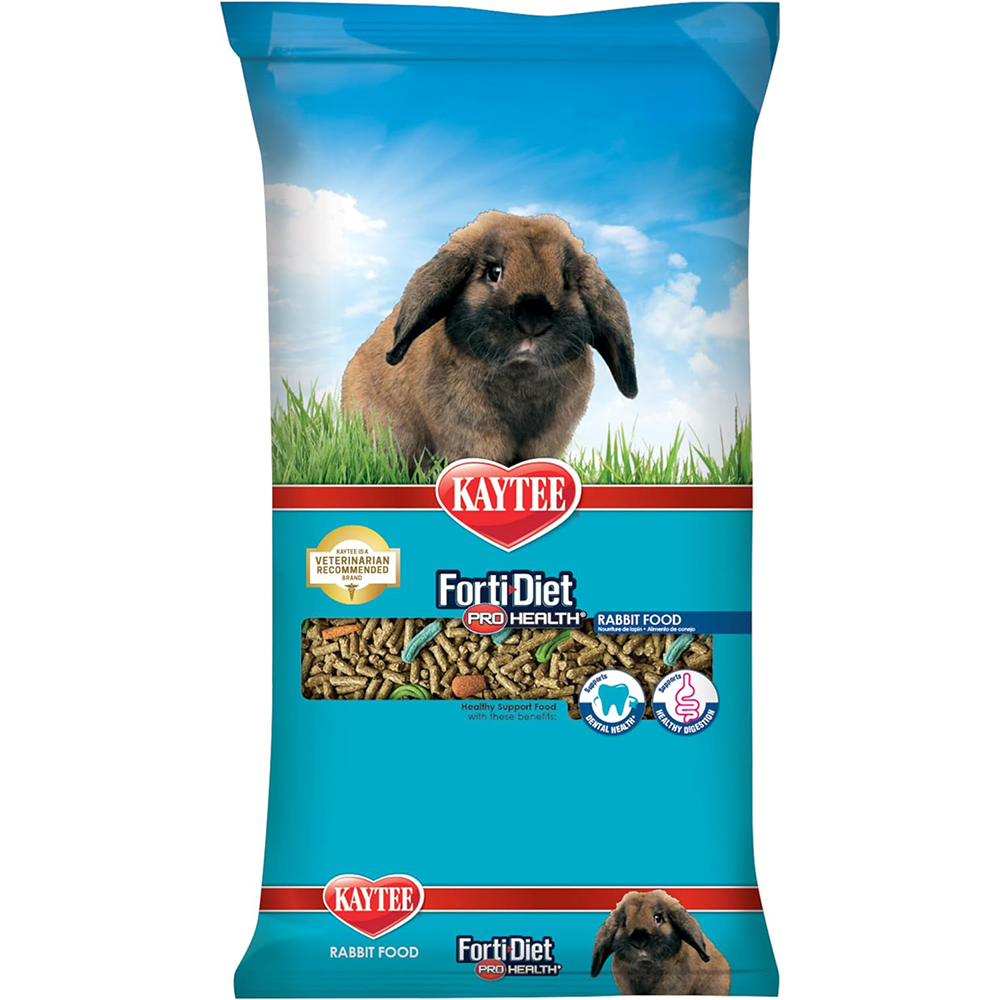
Best for digestion
The words “pro health” have not merely been thrown into the name of this product. It really does follow through on the promise with a formula that has been developed by an animal nutritional expert. As such, it contains natural ingredients, such as sun-cured timothy grass hay, ground oats, ground flax seed (for omega-3) and ground wheat. It also includes probiotics and prebiotics for digestive health.
The food has some larger, crunchy pieces in it too. This aims to support dental health by encouraging rabbits to chew naturally. It does, however, include soybean meal that can lead to protein waste and increased urination. It’s also worth pointing out that the food is manufactured in a factory that also processes tree nuts and peanuts, which could cause problems for owners with allergies.
Reasons to buy: Contains pre- and probiotics for gut health.
Reasons to avoid: It contains some ingredients that pet owners may want to avoid for their pet and themselves.
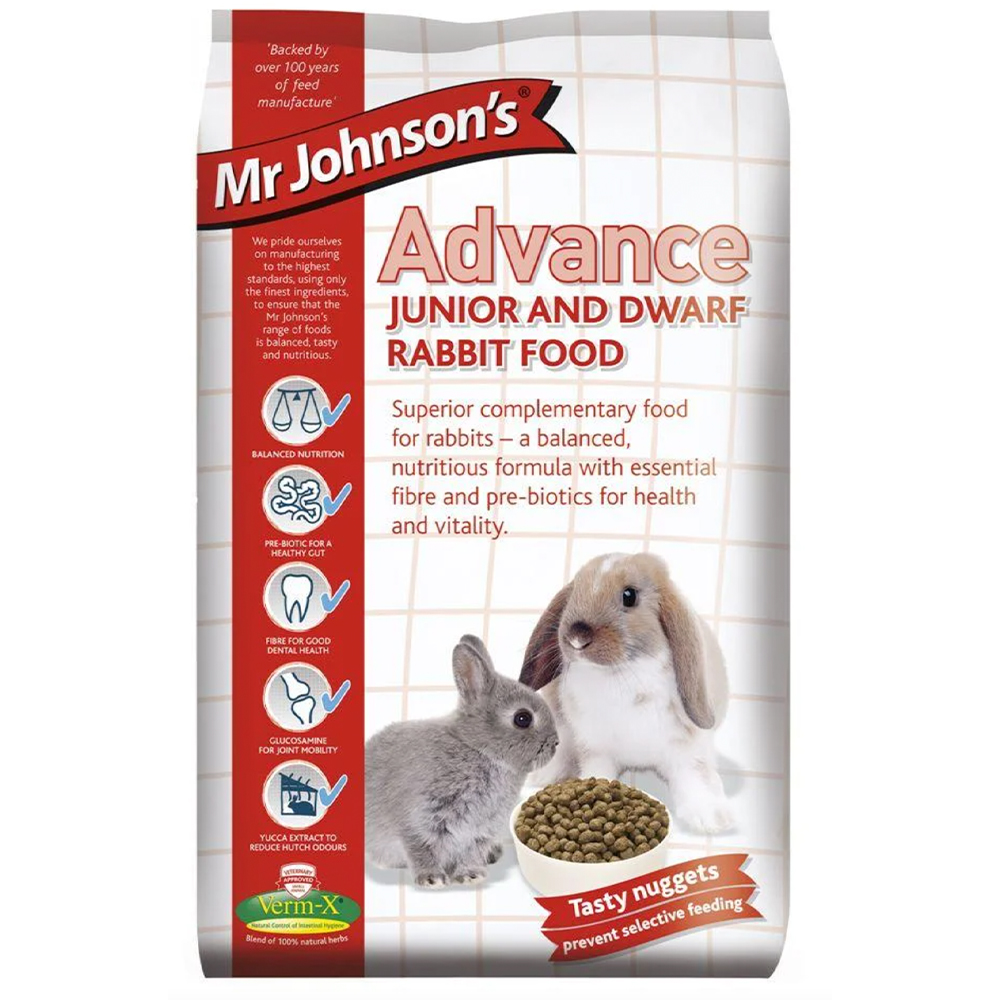
Best for dwarf rabbits
Aimed at junior and dwarf rabbits, this mix contains lots of fine ingredients and is infused with essential vitamins and minerals as well as a herbal aimed at promoting intestinal health. Suitable for all life stages, it will provide a healthy balance for your rabbit.
It also contains a natural pre-biotic for a healthy gut flora, and yucca extract, which improves hutch odours by reducing urinal ammonia.
Reasons to buy: If you’ve got a young or dwarf breed rabbit.
Reasons to avoid: Not suitable for older rabbits that are not dwarf breeds.
How we chose the best rabbit food
We focussed our attention on the ingredients, assessing them for their health benefits. We looked to see how much fiber the food contained and considered the addition of vitamins and minerals. We were particularly keen to check that manufacturers were using quality ingredients and the processes used to gather them.
What do vets recommend as the best food for rabbits?
You may have been fooled into thinking that rabbits chew on carrots all day long, but this is far from true. Carrots are not actually as beneficial as you may think because of their high sugar content – and rabbits can’t digest sugar efficiently. As such, carrots and other fruits should only be given sparingly.
Instead, to ensure good rabbit care, your bunny should be given good quality hay and/or grass to make up the vast bulk of a their diet – at least 85% of their daily diet. Supplementary rabbit food needs to make up just 5% of a daily ration each day and pellets are recommended by vets.
“It is far better to pick a good quality pellet diet, where all pieces are a uniform shape and size, over a ‘muesli-mix’ style of food,” says expert vet Rebecca MacMillan.
What food for rabbits should be avoided?
As mentioned, a muesli-mix is not recommended.
“This is because rabbits will pick out their favorite parts of this food, missing out on vital nutrients and leading to an unbalanced diet,” Dr MacMillan says. “You should also avoid giving your rabbit too many sugary treats. This includes commercial rabbit treats, like seed bars and yogurt drops, but also any human snacks. If these are fed too often, and your rabbit eats them in preference to their normal diet, they could lead to obesity and dental issues.”
How many pellets should I be feeding a rabbit?
Very little is the short answer. Dr MacMillan says a tablespoon of rabbit pellets or nuggets will be approximately 5% of a bunny’s daily diet. “You can offer this twice daily if you have a very large or giant rabbit breed,” she adds. “I advise owners to scatter this around the rabbit’s environment or in their hay, rather than placing it in a food dish. This provides good mental and physical stimulation, encouraging natural foraging behavior.”
What treats can I give to a rabbit?
We all like to give pets a little food treat and rabbits are no exception. In this instance, small pieces of carrot will be absolutely fine. The same is true of squash, apple, pears, melon and strawberries. But don’t overdo it.
“Treats should only be given on occasion and very sparingly to avoid weight gain and dental issues,” Dr MacMillan says.
Is water important for rabbits?
Absolutely – without water, a rabbit can become seriously ill. Any water needs to be fresh and clean and checked twice a day.
“Your rabbit should have unlimited access to water,” Dr MacMillan says. “Most rabbits prefer a water bowl to a water bottle/drinker, just make sure you check it regularly in case it gets tipped over or has any bedding in it.” Don’t let the water freeze in winter.
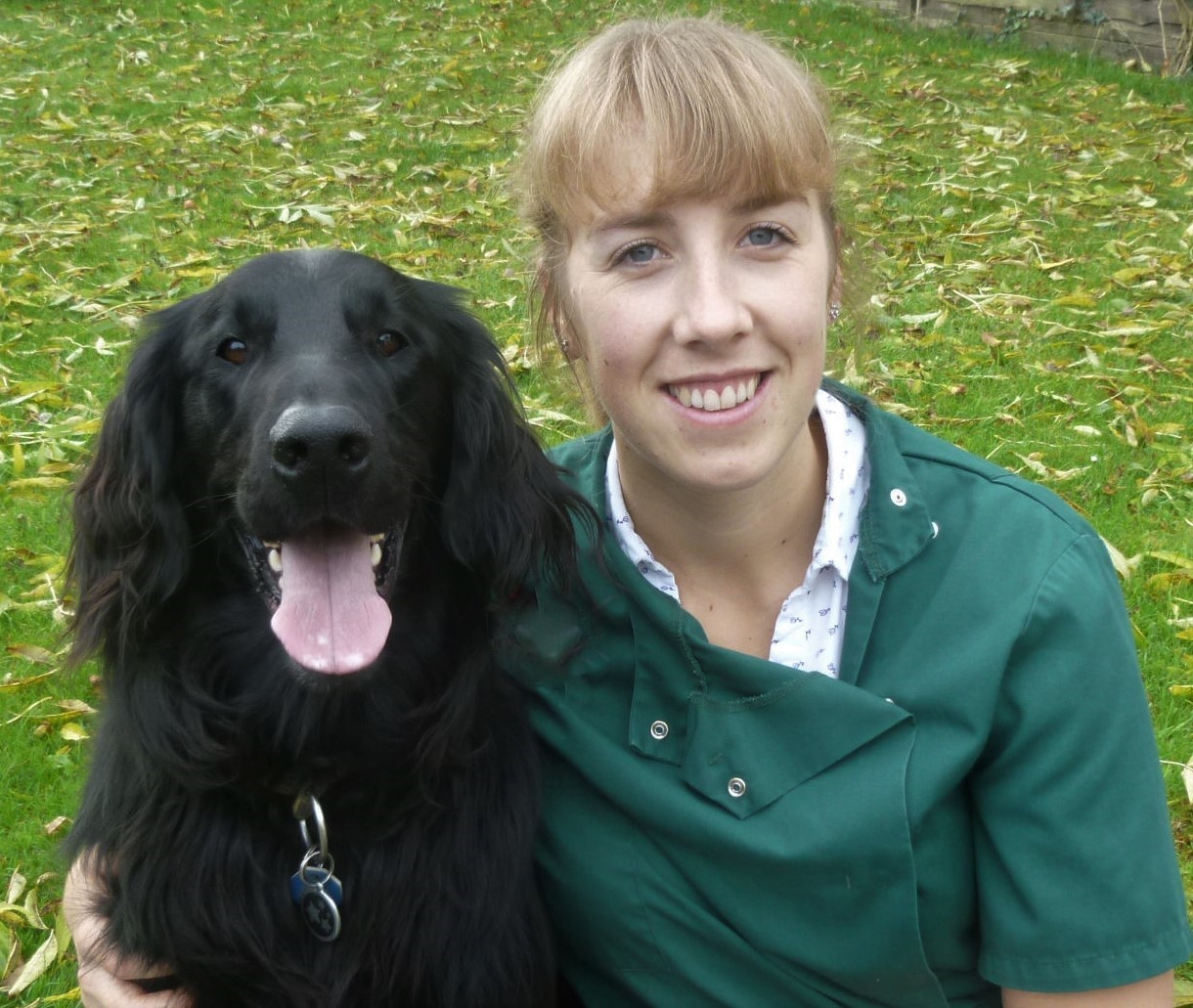
Dr Rebecca MacMillan is a companion animal vet who has always had a passion for writing and client communication. She works in the South West and loves complex medical cases.
Get the best advice, tips and top tech for your beloved Pets

David Crookes has been a journalist for almost 30 years and he has written for a host of magazines, newspapers, websites and books including the World of Animals Annual, BBC Earth, Live Science, The Independent and Tom’s Guide.
Born in England, he lives with two cats but he’s also keenly interested in the differences between the huge number of dog breeds – in fact, you can read many of his breed guides that he’s written in collaboration with vets here on PetsRadar.
With a lifelong passion for technology, too, he’s always on the lookout for useful devices that will allow people to keep their pets happier and healthier, and provide them more time to spend together.
David has a degree from Durham University, as well as postgraduate diploma in journalism from the University of Central Lancashire.
- Dr. Rebecca MacMillanVet
- Georgia GuerinEditor
